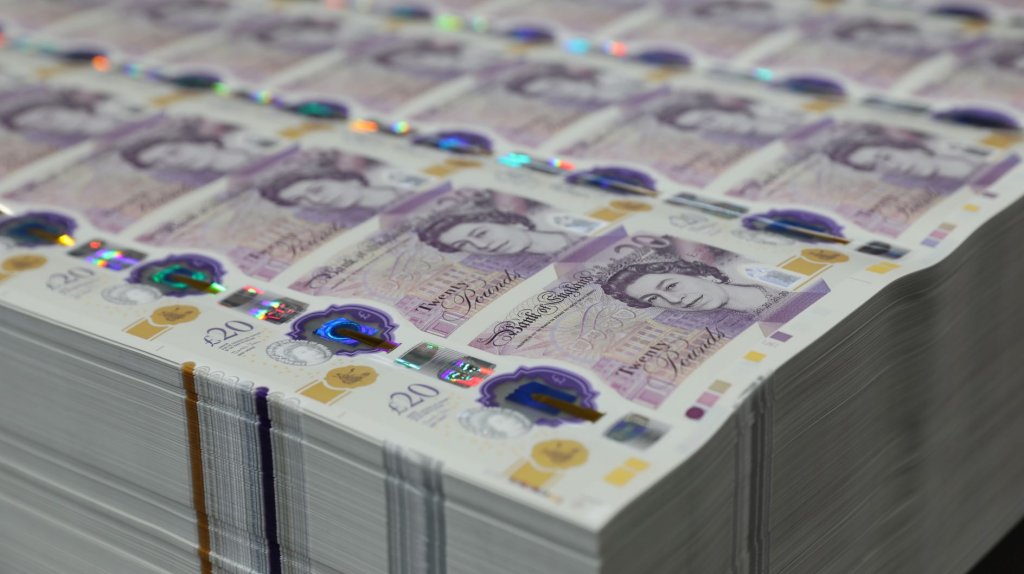
Britain suffered the biggest economic slump of the world’s major economies in the second quarter as the Covid-19 crisis sparked a record global contraction, a major international organisation has confirmed.
Figures from the Organisation for Economic Co-operation and Development (OECD) revealed that gross domestic product (GDP) plunged by 9.8% across its 37 member countries – its largest ever recorded fall and far worse than the 2.3% drop recorded in the first quarter of 2009, at the height of the financial crisis.
But the UK’s eye-watering 20.4% drop in GDP between April and June dwarfed the OECD area contraction, as well as the 10.8% decline recorded for the G7 group of advanced nations.

The second-quarter contraction sent Britain spiralling into a historic recession, worse than any other recorded by the Office for National Statistics, following a 2.2% fall in the previous three months.
A recession is defined as two successive quarters of decline in gross domestic product (GDP).
The UK’s drop beat even Spain’s 18.5% decline and was more than double the 9.5% contraction seen in the United States.
The OECD said the Euro area suffered a 12.1% fall in the second quarter.
Among the other G7 nations, second-quarter GDP declined by 13.8% in France, where lockdown measures were among the most stringent, following a drop of 5.9% in the previous quarter.
Italy, Canada and Germany suffered falls of 12.4%, 12% and 9.7% respectively.
Japan, which enforced a less stringent lockdown, saw the economy contract by 7.8% in the second quarter following 0.6% in the previous three months.
📉 Following #COVID19 containment measures, #GDP in the OECD area fell by an unprecedented 9.8% in Q2 2020.
This is the largest drop ever recorded, significantly larger than the 2.3% drop in Q1 2009 at the height of the financial crisis.
Learn more ➡️ https://t.co/fPxFujKxwW pic.twitter.com/uVKCokXguj
— OECD ➡️ Better policies for better lives (@OECD) August 26, 2020
Experts say Britain’s painful performance is partly down to the later timing of Britain’s lockdown in March and the path of easing restrictions, but it is also due to its economic reliance on the services sector, which was hit particularly hard by the lockdown.
There is hope that the UK is already firmly in recovery territory, with monthly official data showing the economy bounced back by 8.7% in June as lockdown restrictions eased.
This followed upwardly revised growth of 2.4% in May.
Survey data last week also suggested that the economy saw its fastest growth in almost seven years this month after being boosted by further easing of lockdown restrictions.
The IHS Markit/CIPS Flash UK composite purchasing managers’ index (PMI), a closely watched measure, hit a better-than-expected 60.3 in August, from a reading of 57.1 in July.
Everything above 50 is considered growth.
But economists have warned that the sheer depth of the UK’s recession means it has further to crawl back.
They also fear that the path of the recovery may not be smooth, given the threat of a second wave and with a jobs crisis also on the horizon as government support measures come to an end.